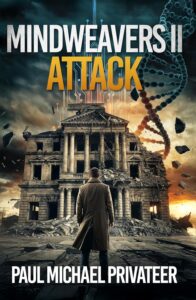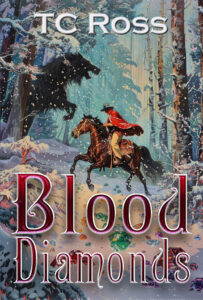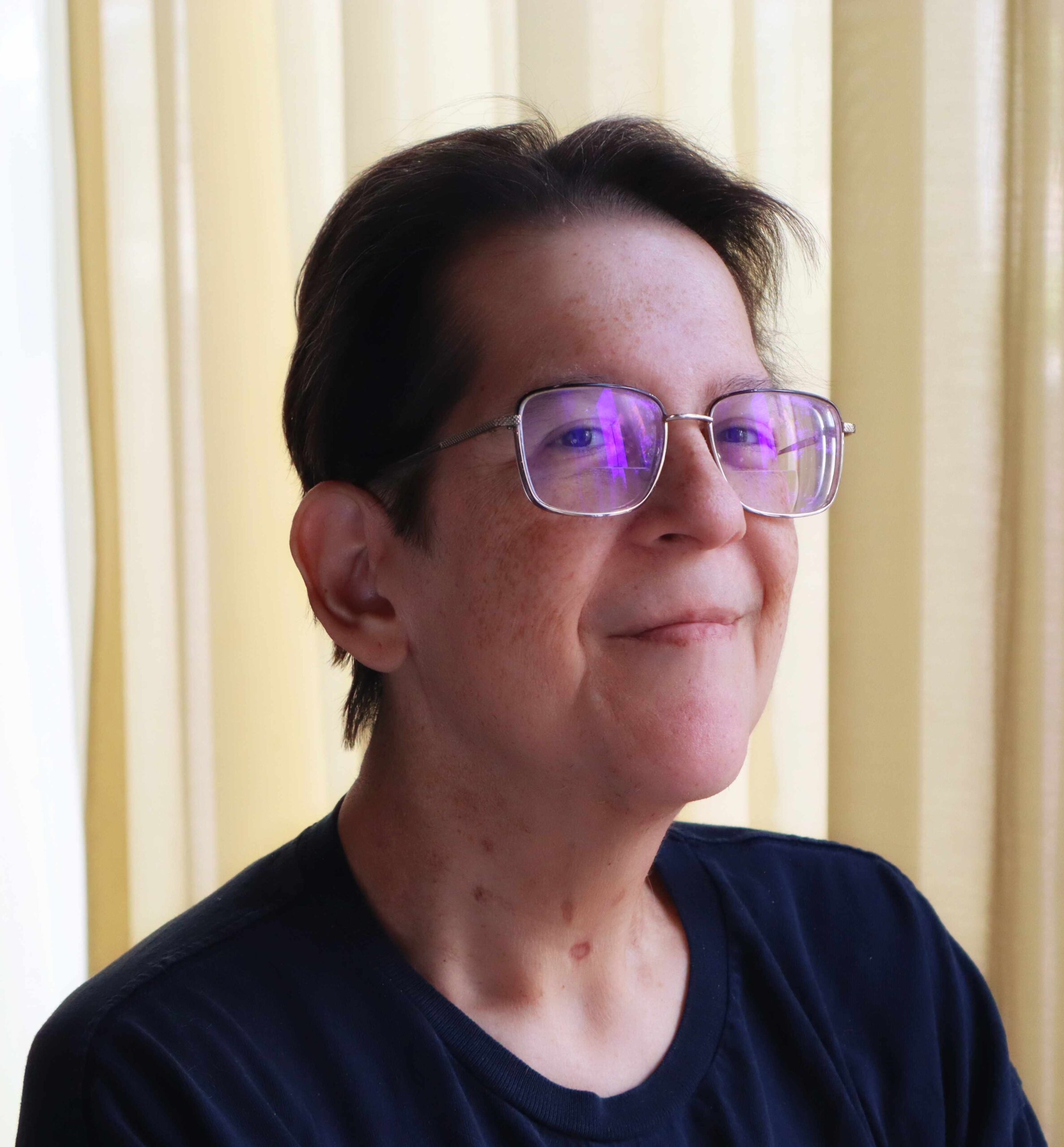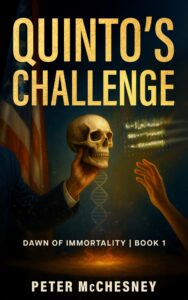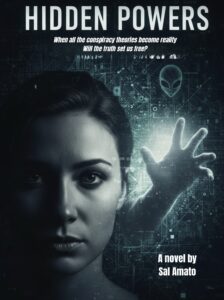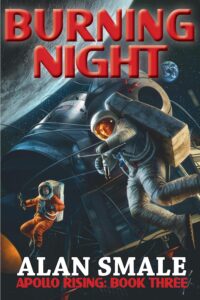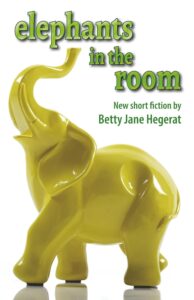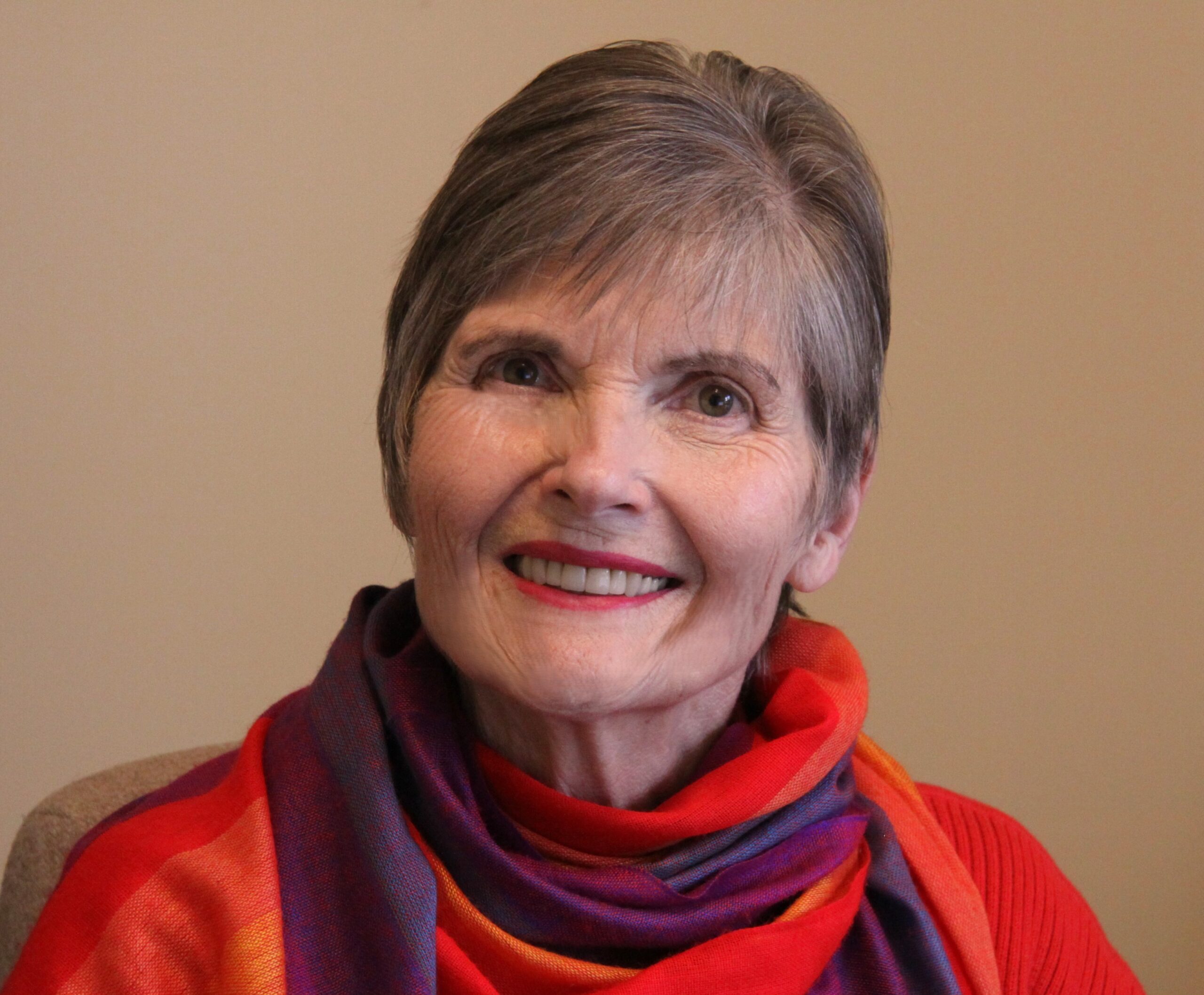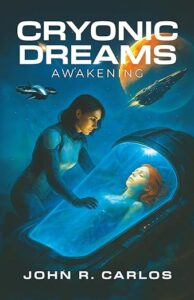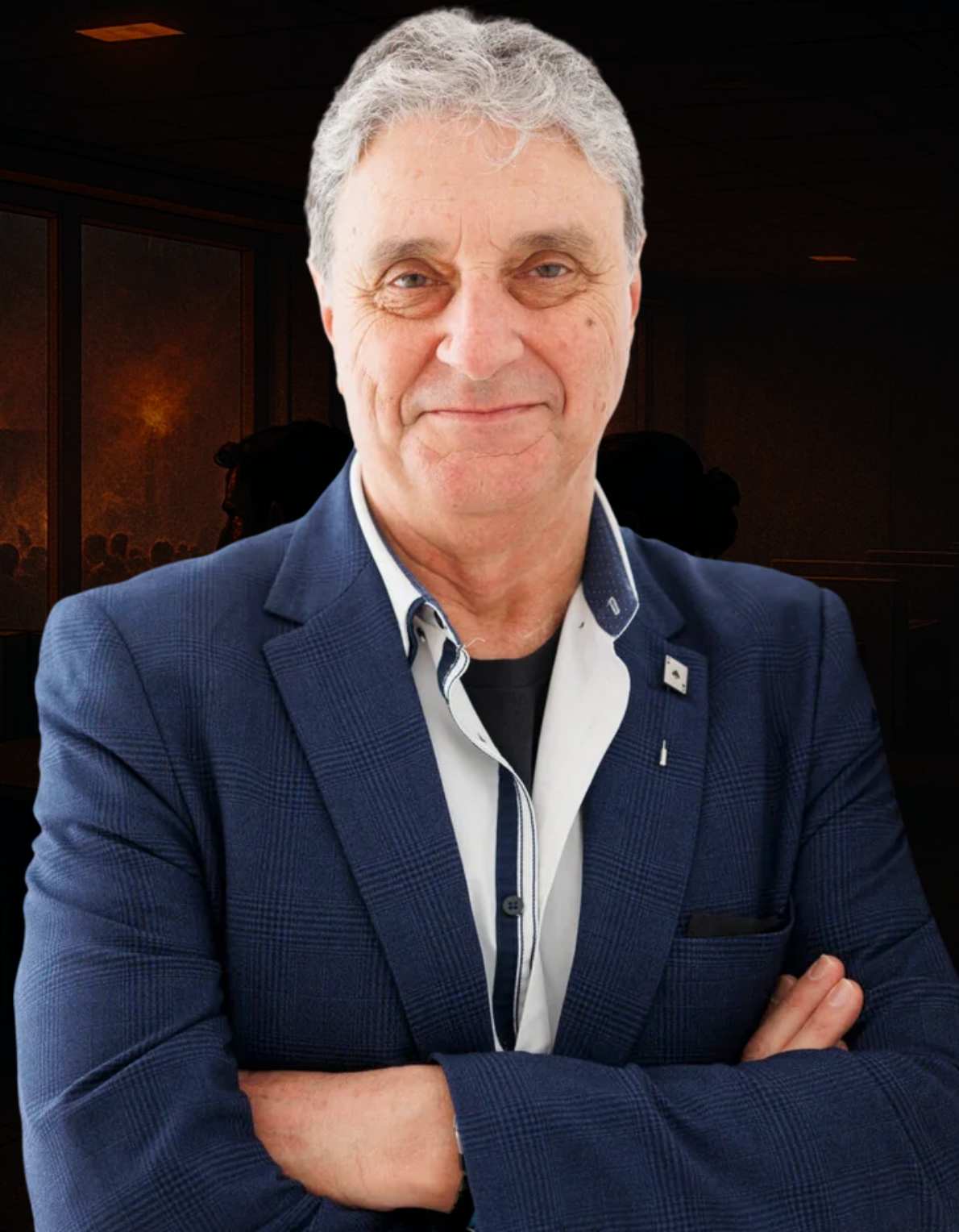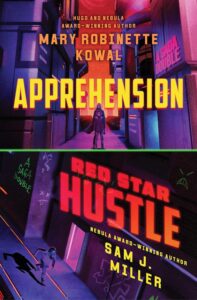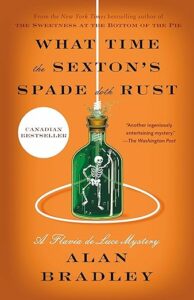Podcast: Play in new window | Download | Embed
Subscribe: Apple Podcasts | Spotify | Amazon Music | Email | TuneIn | RSS | More
A chat with Mark J. Wilson about his new time-travelling detective novel, Full of Beans.
Website
markjwilson.com
Facebook
@markjwilsonauthor
Instagram
@markjwilsonauthor
Substack
@markjwilsonauthor
About Full of Beans
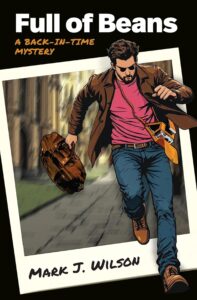
Phil Beans has a lot on his plate. A dead professor. A cheating husband. A missing graduate student. A mysterious Umbrella Guy. And a suicide that doesn’t make sense.
For the ambition-challenged and exertion-adverse private investigator, Phil Beans, who is usually content to use his time-traveling skill working straightforward divorce cases, solving each of these seemingly disparate crimes seems like a lot of work, and (maybe) not worth the effort.
But he’s made promises that he must keep, so Phil sets off on his mission of discovering the truth about these crimes, and maybe even gets the girl in the end, as a bonus.
Full of Beans is author and scientist Mark Wilson’s highly engaging new time-bending novel in the Back-in-Time book series, set in Oxford, England. Tightly woven and a fun story, it is filled with eccentric characters, engrossing plots and subplots, and a detailed sense of place that will keep readers hooked from the first page to the last.
About Mark J. Wilson

Mark J. Wilson lives in Washington, D.C., with his wife, Carrie, but he was born and brought up in Reading, England, and his favourite place in the world is in the Cotswolds, just down the road from Oxford (where most of Full of Beans is set).
Mark went to college in Canterbury, where he earned a Ph.D. in biochemistry. He has worked in biopharmaceuticals for the last 35 years or so, but is now working in gene therapy, helping to develop a much-needed cure for Rett Syndrome.
He worked in Nottingham and Cambridge before moving back to Reading, them moved to the United States in 2009, living in North Carolina for seven years before moving to the DC area.
Growing up in Reading gave him a fascination with trains and planes, since, in his words, “there wasn’t much else there to interest a kid.” He loved hanging around at the west end of Platform 5, and when Concorde would fly over. His dad gave him a lifelong passions for astronomy, physics, chess, cooking, and model-making. He loves model trains, and over the years, in his spare time, has also been a watercolor artist and a music producer. He particularly loves electronic dance music.

